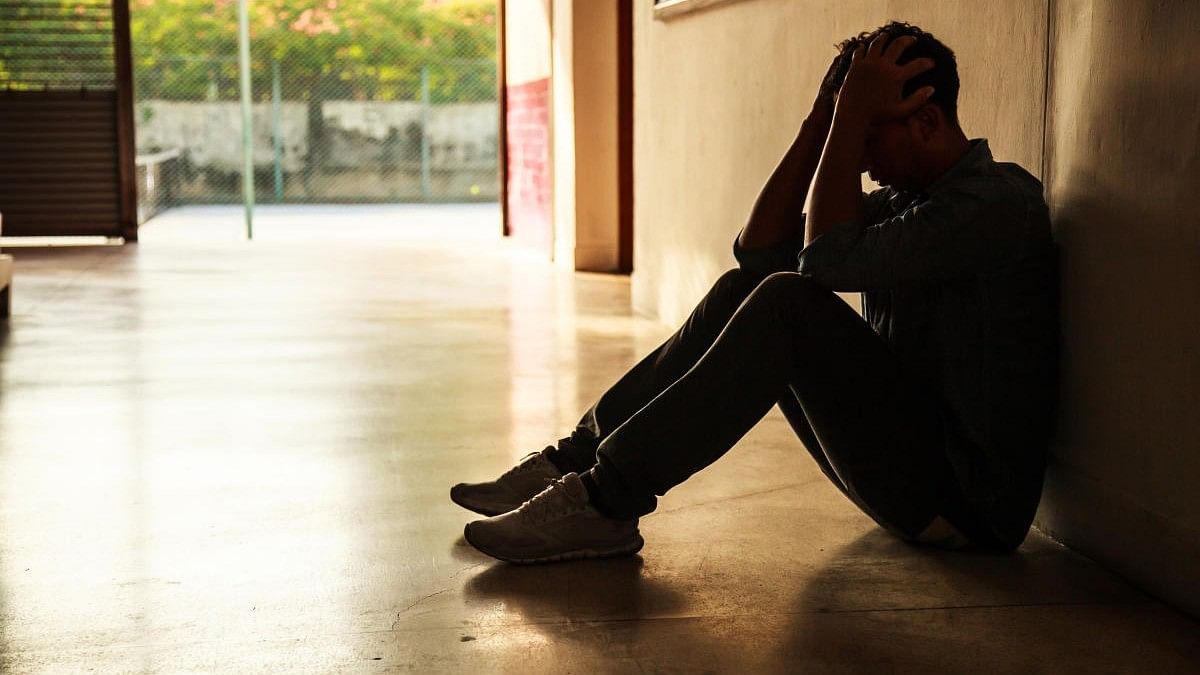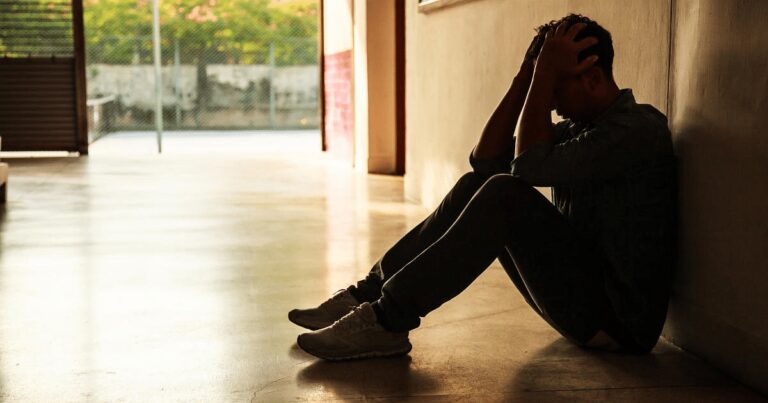Last update STI

Experts say the world is in a polycrisis. A term coined in the 1970s, it is defined as a period when several catastrophic events occur simultaneously.
Psychologists and therapists believe that the past year has had a significant impact on mental health. They have recorded an increase in the number of patients suffering from anxiety and depression over the past 6 to 12 months. They believe multiple wars, community problems, natural disasters and ongoing grief from the pandemic are to blame.
Experts say the world is in a polycrisis. A term coined in the 1970s, it is defined as a period when several catastrophic events occur simultaneously.
Psychologist Afifa Kauser, founder of Let’s Talk Healing, says she has seen an increase in cases during the pandemic years. After a brief lull, she received more and more requests for therapy sessions. “I used to get one or two messages and calls a day asking for help. Today, the number of requests has increased to 15 to 20 per day,” she reveals.
Anxiety caused by a sense of uncertainty due to what is happening in the world and the potential threat to certain minority communities are the main reasons why his patients seek professional help. “As many of the issues they face are similar, I recently organized a healing circle,” she reveals. Around fifty people attended the session. , which saw participants share their experiences. The facilitators also shared strategies for self-care. After receiving more requests, Afifa plans to organize another session for 400 people in collaboration with several organizations.
A significant number of her patients are new mothers. Being bombarded with information about wars on social media and television has added to the trauma of those suffering from postpartum depression. “A lot of them feel guilty. They feel guilty for being able to feed and clothe their children and comfort them when they are upset, while at the same time, in countries torn by conflict, mothers watch their children die,” she explains.
Other factors such as vicarious trauma (caused by watching disturbing videos), cognitive dissonance (when what one believes is at odds with what one sees), and political gaslighting contribute to health problems mental.
Therapist Maullika Sharma shares that aside from anxiety and depression, most of her patients suffer from burnout. “The future, by definition, is unpredictable. But the pandemic has accentuated this feeling. It proved that life can change in an instant,” she says. She advises her patients to “focus on what you can control and stay in the present.” “I ask them what they can do now to have a more stable future and I tell them to work on it. I make them understand that they can control their thoughts, their feelings, their behavior and how they react to situations,” she told Metrolife.
Kala Balasubramanian, a psychotherapist at Inner Dawn Counseling, says a common feeling shared by many of her patients is that of futility. “They ask me what is the point of life when innocent people are killed or lose all their possessions,” she shares.
She explains that the increase in cases could be the result of several factors. “First, what’s happening globally is definitely causing mental distress. Second, the stigma associated with seeking help for mental health has decreased significantly thanks to celebrities speaking out about it. Thanks to this, people are more aware of what is happening to them. And finally, getting help just got easier. We are receiving many cases from Tier 2 and small towns through online sessions. This was not the case before,” she explains.
First, we must recognize that being affected by what is happening in the world is a normal reaction, says Afifa Kauser.
Afifa advises setting boundaries and not interacting with people who cause you distress, especially strangers on social media. “If your friends or family have opinions that might be triggering, let them know that you won’t broach the subject with them and respect your decision,” she adds.
Limit your exposure to social media or accounts with potentially triggering content.
Practice diaphragmatic breathing. Doing it two to three times a day will reset your nervous system, she says.
Finally, she says, it’s important to take care of your physical health. “As a result of indirect trauma, people complain of pain in their body. I would recommend regular physical activity to relieve stress,” she concludes.
